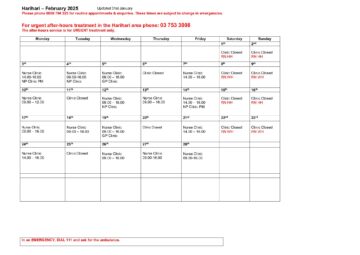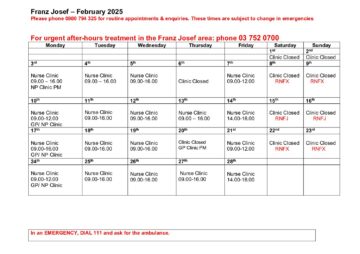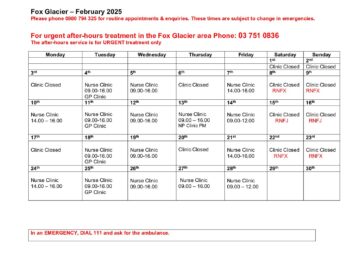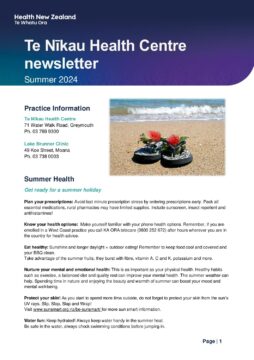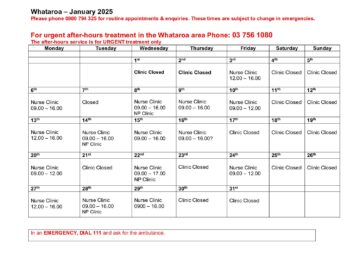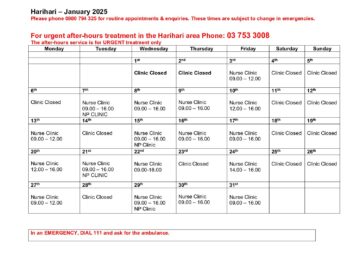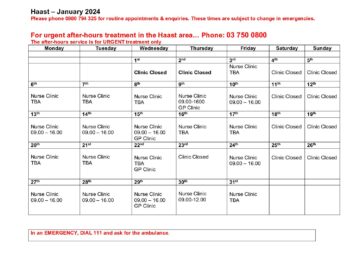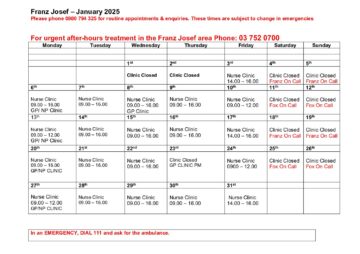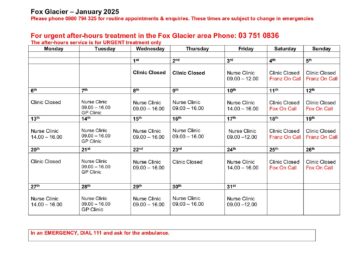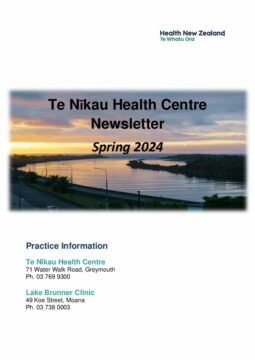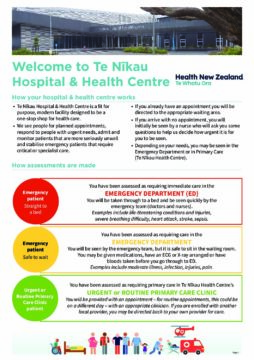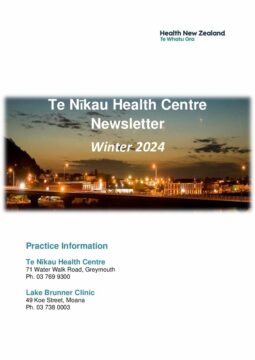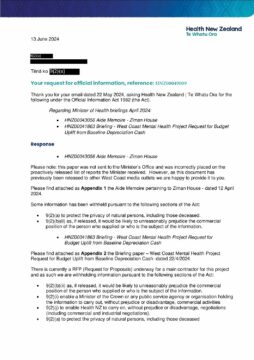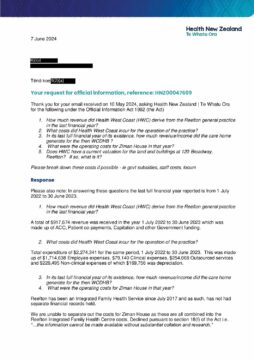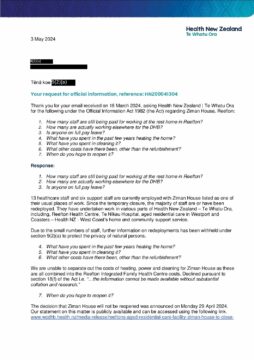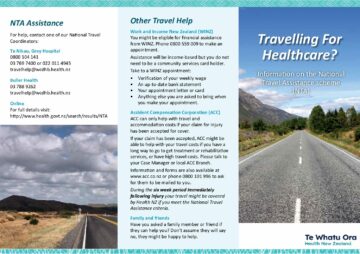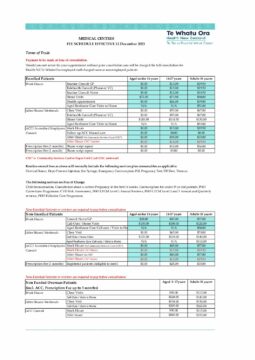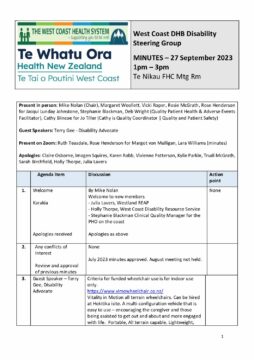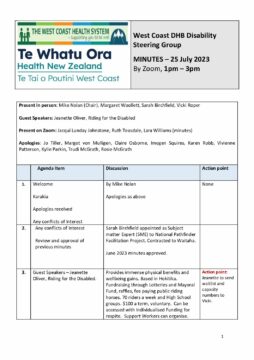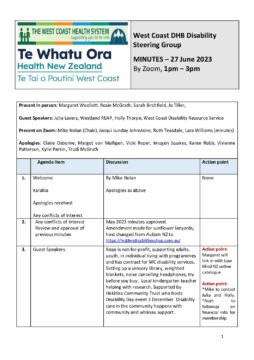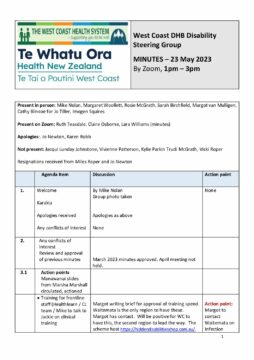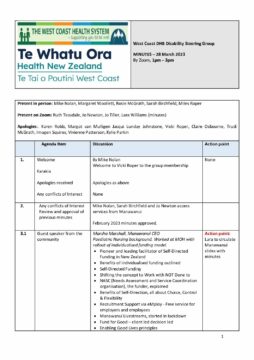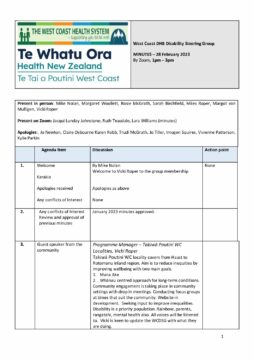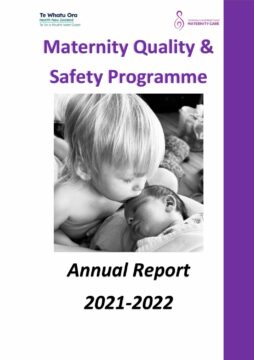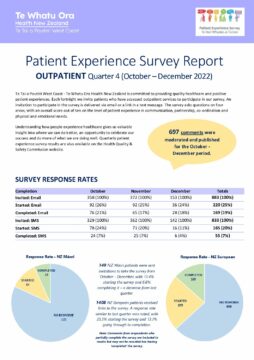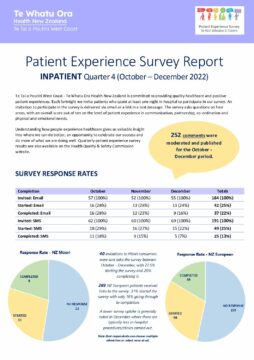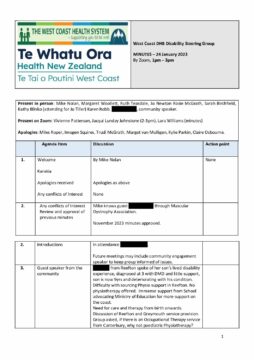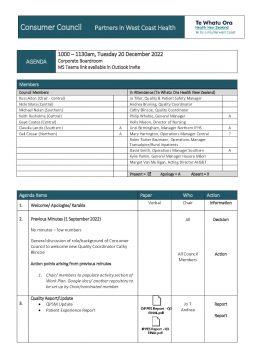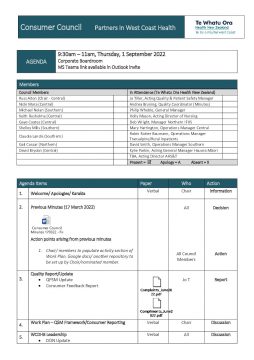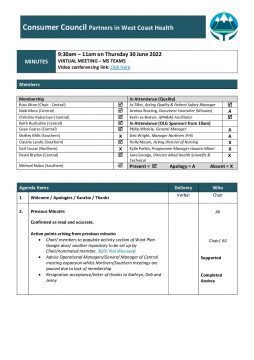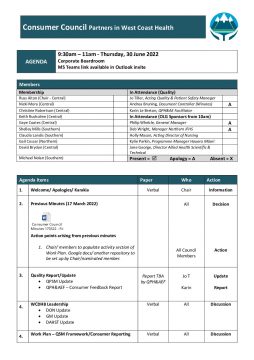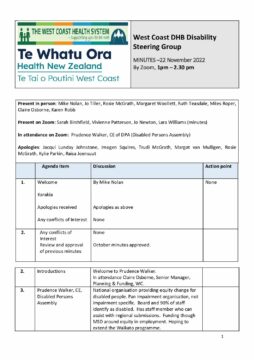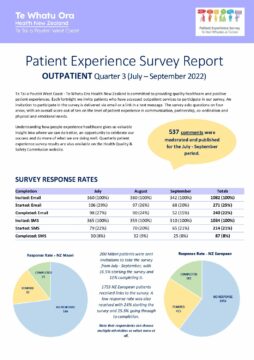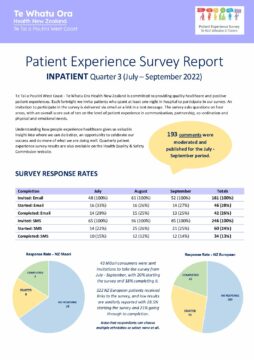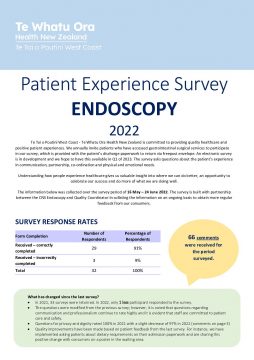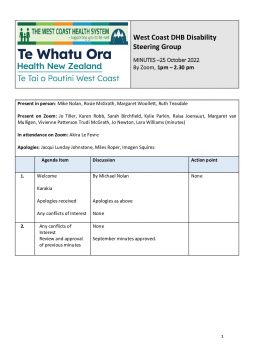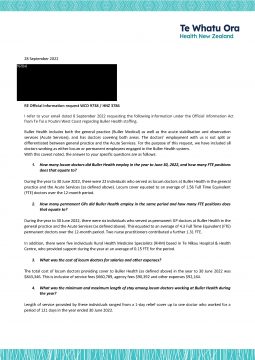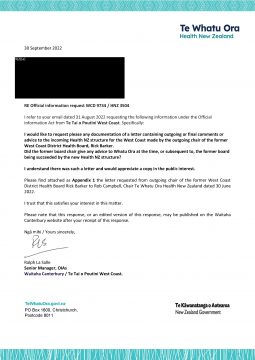1. Te Nīkau Overview:
– A modern facility offering a range of healthcare services including planned appointments, urgent care, patient monitoring, and emergency stabilization.
2. Emergency Department (ED) Pathways:
– Immediate care for life-threatening conditions (e.g., heart attacks, strokes) means you’ll be taken straight to a bed.
– If assessed as safe to wait, you may undergo tests like ECGs or X-rays before being seen by the ED team.
3. Primary Care Clinic Pathways:
– If your condition is non-urgent, you may receive a same-day appointment or be scheduled for a future visit with the appropriate clinician.
4. Waiting Process:
– The waiting area can be busy. If your condition worsens, inform the nurse. Waiting times are based on clinical priority.
5. Payment Information:
– Consultations are free for enrolled patients under 14 and for sexual health appointments for under-25s. Regular fees apply for others. Payments can be made at Main Reception.
6. Hours of Operation:
– Hospital services operate 24/7. Planned care is available 8 am – 8 pm, Monday to Friday. For after-hours care, contact Ka Ora at 0800 252 672.
Tags facilityhealth carehospital and health centrehow it works
More informationDownload pdf (653 KB)

